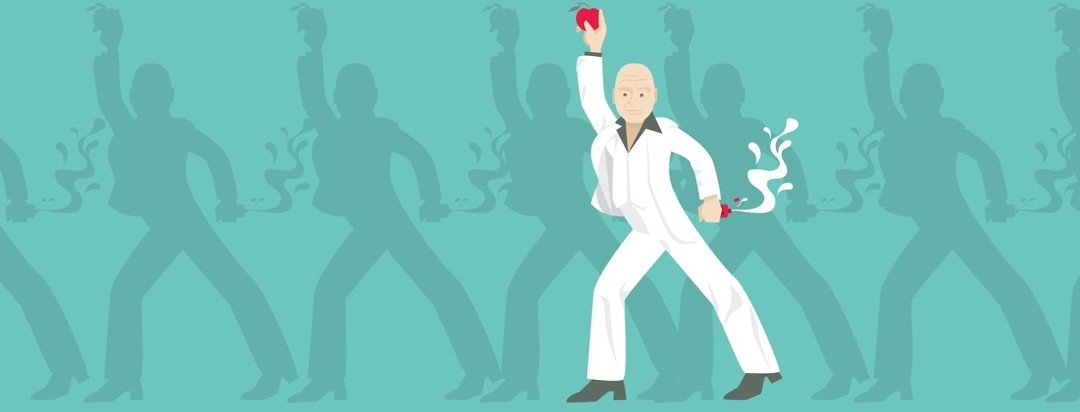Lifestyle Choices and Skin Cancer
I grew up lying in the sun, eating cupcakes, and breathing in cigarette smoke, not a great combination. These were poor choices. Refer to nearly every other article I have posted on SkinCancer.net.
Making changes
In the fall of 2016, I made some lifestyle choices that would literally change the direction of my life. I decided to stop eating poorly. This has been the single biggest decision that I have made in the past 20 years. I stopped treating my body like a junker and filling it with low octane fuel and committed to consuming high octane foods. Along with walking 10,000 steps per day, I changed the equation regarding calorie consumption and lost 70 pounds.
How those changes prevent melanoma
I recently wrote an article about the kinds of foods that are showing promise in both preventing and slowing the progress of melanoma. So, I began to ask myself about the foods that I gave up. What about those highly caloric foods (often highly processed snacks or fried delicacies)? What is current research finding about these foods and their relationship to melanoma?
Junk food and skin cancer
According to a recent article in Dermatology Times, certain types of fats have been linked to skin cancer risk. To be clear the article states, “The results of a recent study investigating the association between dietary fat intake and the development of skin cancers were mixed but found polyunsaturated fat intake especially omega-6 fat to be modestly and consistently associated with skin cancer risk.”1
Omega-6 fats and melaoma
Which foods are high in Omega-6? Not surprisingly these culprits include processed snacks, fast foods, fatty meats, and cured meats.2 Other foods, such as tofu, walnuts, and peanut butter are high both in Omega-6 (bad) and Omega-3 (good) and have a healthy Omega-3 to Omega-6 ratio. But, they are still high in Omega-6 fats, so it may be beneficial to limit portion sizes. As a melanoma survivor, I have even more reason to limit (or give up) these foods beyond the effects they have on my waistline.
As with most new skin cancer studies, the article recommends further research and that current best practices regarding skin protection (specifically skin protection from dangerous UV rays) be followed. My recommendation is that it’s always a good idea to conduct your own research when it comes to health and what you consume. Ultimately, we ARE what we eat.
Smoking increases your risk
So, I grew up lying in the sun, eating cupcakes, and smoking. No, I didn’t smoke, but a few adults did around me. I breathed it in on and off for years. It was just part of the culture in which I grew up. One day, the Surgeon General of the United States determined that that was not such a great idea and much of our culture has been changing ever since.
Smoking has been strongly linked to many type of cancers for decades, but what about skin cancer? According to a recent article, researchers in the United Kingdom found that people who develop melanoma are 40% less likely to survive the disease if they smoke.3 Smoking affects how your immune system fights melanoma.
Now I'm in control
So, at this point, I have given up sunbathing, cupcakes, and sitting in smoke-filled rooms. The great thing about this is that I can make these choices now and have taken control of my life. You can too. (Oddly enough as I am typing this last line, Staying Alive popped up on my playlist and is playing.)
Community Poll
How often to do you speak to family and friends about skin cancer?

Join the conversation